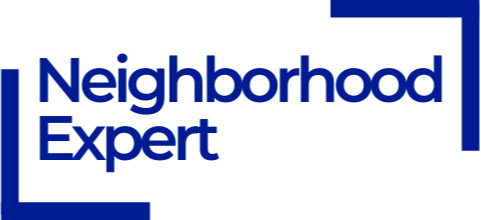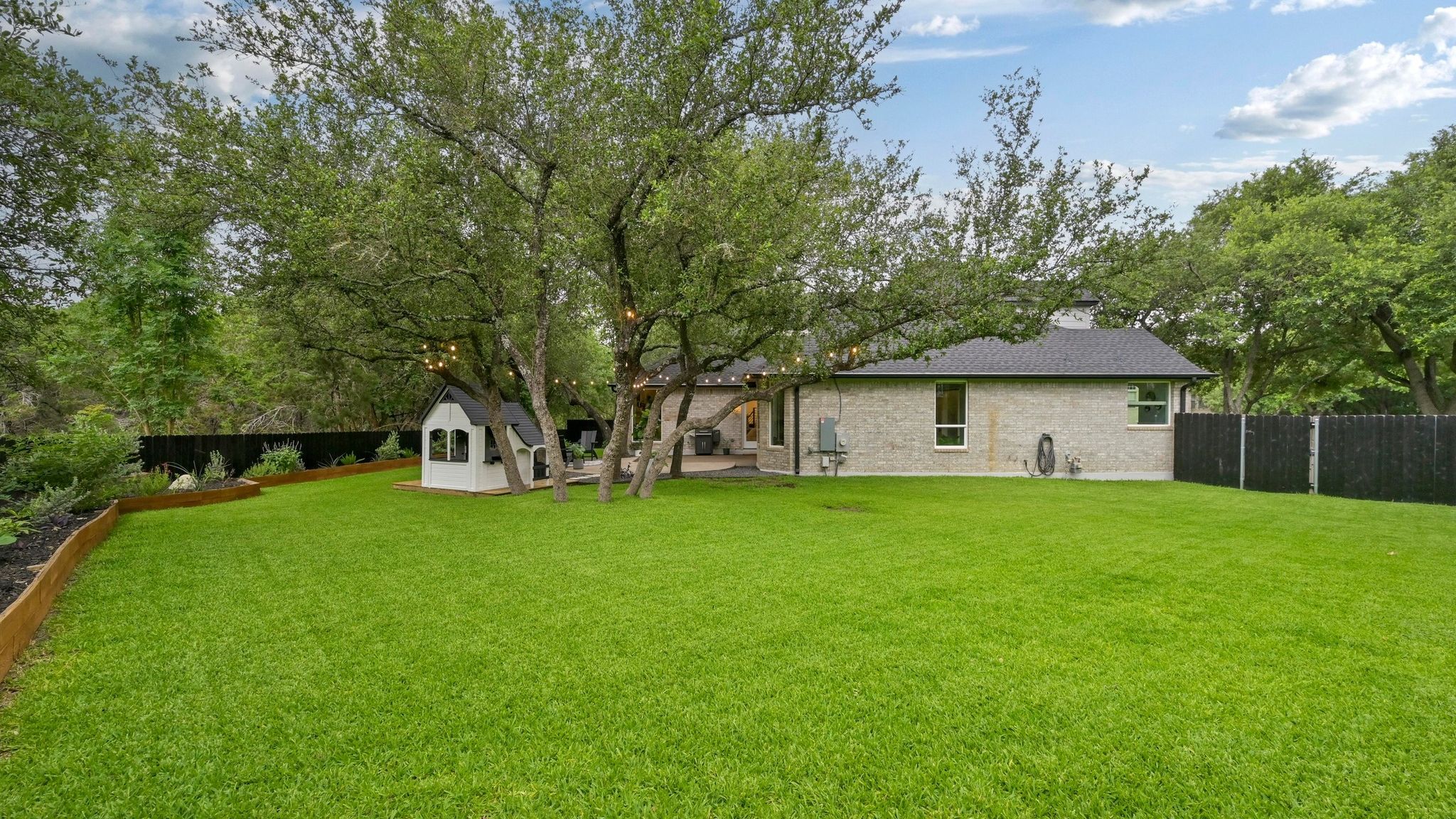How to Build Real Estate Authority Without Spending Thousands on Leads
Nov 14, 2025
How to Build Real Estate Authority Without Spending Thousands on Leads
Real estate lead generation often starts with a big expense. Agents are told to buy leads, boost ads, or join expensive platforms promising instant results. But the most trusted agents in every market rarely rely on paid lead systems at all. They’ve built something much stronger—authority.
Building real estate authority doesn’t require thousands of dollars in lead spend. It requires showing up with consistency and focus inside one specific area. That’s the foundation of the Neighborhood Expert System (NES)—a practical approach to real estate marketing that helps agents grow predictable business by becoming known locally.
What “Authority” Really Means in Real Estate
Authority isn’t about popularity or going viral. It’s about recognition and trust. When homeowners in your neighborhood see your name across open houses, direct mail, and YouTube ads, they start to associate you with results and reliability.
Paid ads may get attention for a few days, but authority comes from repetition across familiar channels—each one reinforcing the same neighborhood message. You don’t need to reach everyone. You just need to stay visible to the right few thousand homeowners who see your name often enough to remember it when they’re ready to move.
Start With Open Houses That Teach You the Market
Open houses are more than a weekend activity—they’re your most direct link to current buyers and neighbors. Instead of hoping for foot traffic, treat every visitor as a research opportunity.
- Ask what they’re struggling to find in the area.
- Listen for price ranges, layouts, or schools that come up repeatedly.
- Note which homes attract the most traffic and why.
Those conversations reveal real-time data about your market—information that helps you build relevant content, target your follow-up, and speak more intelligently about local trends.
Secure your next open house by Wednesday, promote it on social media by Thursday, and follow up with all attendees by Monday morning. Consistent open house activity isn’t just lead generation—it’s market mastery in action.
Turn Buyer Feedback Into Off-Market Outreach
Once you know what buyers want, use that insight to reach sellers directly. Off-market outreach is one of the most powerful ways to create listings without advertising spend.
Send a simple email or letter to nearby homeowners:
“We just met three buyers looking for a home like yours in [Neighborhood]. Would you ever consider selling if it was the right fit?”
This one sentence connects real buyers to real opportunities. It costs nothing, yet it builds credibility and conversation at the same time. In the NES model, off-market outreach is how you turn open house feedback into active seller relationships.
Use Social Media to Reinforce Local Familiarity
Social media shouldn’t replace your conversations—it should amplify them. Post short, specific updates about what’s happening in your neighborhood instead of generic real estate tips.
- What’s selling nearby this week?
- What are buyers looking for right now?
- What makes certain homes move faster than others?
These posts don’t need to go viral. They simply need to show up in front of the same audience regularly. Over time, familiarity builds trust. And when homeowners already trust your name, they don’t compare you to every other agent—they call you first.
Why YouTube Ads Are the Most Affordable Visibility You Can Buy
Many agents think YouTube ads are complex or expensive. They’re not. For a few dollars a day, your message can appear in front of every homeowner watching videos in your target ZIP code.
Unlike traditional ads that disappear after a few days, YouTube ads build repetition. Homeowners start to recognize your name from multiple places—your mailers, your open houses, and the video that plays before their favorite local channel.
This consistent exposure creates the sense that you’re “everywhere” in the neighborhood, even on a small budget. That’s how the NES approach turns visibility into authority without massive spend.
Direct Mail Still Works—When It Connects to the Rest
Direct mail only becomes expensive when it’s disconnected. Instead of sending random postcards, align your mailers with what you’re already saying online.
For example, if your YouTube ad highlights buyer demand in a specific neighborhood, send a matching postcard that says, “We have three buyers looking for a home like yours in [Neighborhood].” Consistent wording and design help homeowners connect the dots.
Send direct mail on the first Friday of every month so your audience begins to expect it. That regular rhythm builds predictability—and predictability builds trust.
Keep Relationships Alive Through Weekly Email
Email is where all the pieces come together. Every week, send a short message with local insight—not national headlines. This is where your expertise deepens relationships.
Your email should answer one real question each week:
- What changed in the neighborhood this month?
- Why did one home sell faster than another?
- What are buyers asking about most often?
Send your weekly neighborhood email on Friday mornings to stay top-of-mind heading into the weekend. Over time, these consistent messages position you as the trusted source for local knowledge, not just another agent with a newsletter.
Practical Steps to Build Authority Without Paying for Leads
- Choose one neighborhood and commit to knowing it better than anyone else.
- Host open houses every weekend you can—and treat them as research.
- Use buyer insights to start off-market conversations with nearby homeowners.
- Reinforce your message on social media and through YouTube ads.
- Mail once a month with the same consistent message.
- Email every Friday with short, specific local updates.
None of these steps require a massive budget—just organization and repetition. That’s the difference between random marketing and authority-building marketing.
Frequently Asked Questions
Do I need to spend money on YouTube or social media ads to get started?
No. Start with organic posts and email. Once you’re consistent, add YouTube ads for extra visibility. Even $5–$10 per day is enough to stay in front of local homeowners.
How long does it take to build authority in one neighborhood?
Most agents see traction within 90 days when they post weekly and show up offline through open houses and direct mail. Authority grows faster when every channel tells the same story.
Can I use this approach if I already work across multiple areas?
Yes, but focus your authority-building content on one area first. Once you’re recognized there, you can expand. Depth builds faster than reach.
What kind of content should go in my weekly neighborhood email?
Keep it simple—highlight one local sale, one observation, and one upcoming event or listing. It should read like a note from a local expert, not a marketing blast.
How does this fit with traditional lead generation tools?
Paid leads can still be part of your business, but the NES model ensures you have consistent visibility even when ad platforms change or costs rise. It builds stability around your brand.
Conclusion: Authority Is Built Through Consistency, Not Cost
Building real estate authority doesn’t require thousands of dollars—it requires focus. When your open houses, off-market outreach, social media, YouTube ads, direct mail, and email all tell the same story about one neighborhood, your marketing stops blending in.
Instead of chasing new leads every week, you create recognition that keeps working on its own. That’s how you become the name people already know—and that’s the foundation of the Neighborhood Expert System.
See how the full system works at NeighborhoodExpertSystem.com.
About the Author
Matt van Winkle is the founder of the Neighborhood Expert System (NES) and the #1 agent in Steiner Ranch, Austin. He specializes in off-market listings and neighborhood-based marketing that helps agents grow predictable business through connection and consistency. As a trusted educator for agents nationwide, Matt teaches how to turn everyday marketing into real authority—one neighborhood at a time.


